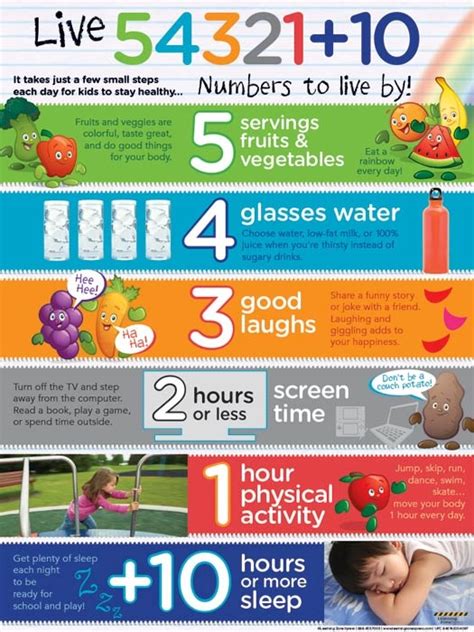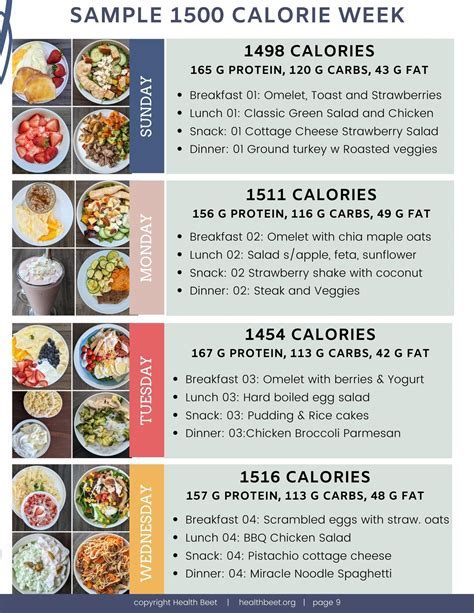Intro
Boost nutrition with 5 healthy meal tips, including balanced diets, meal prep, and mindful eating, for a wholesome lifestyle and improved wellbeing.
Eating a healthy meal is essential for maintaining a balanced diet and overall well-being. With so many food options available, it can be challenging to make the right choices. However, with a few simple tips and tricks, you can create delicious and nutritious meals that will keep you energized and focused throughout the day. In this article, we will explore the importance of healthy eating and provide you with practical advice on how to make informed food choices. Whether you're a busy professional or an athlete, these tips will help you fuel your body with the right foods to achieve your goals.
A healthy meal should provide a balance of protein, healthy fats, and complex carbohydrates. This combination of nutrients will help to keep you full, satisfied, and energized. Moreover, a well-planned meal can help to prevent chronic diseases such as diabetes, heart disease, and certain types of cancer. By making a few simple changes to your diet, you can significantly reduce your risk of developing these conditions and improve your overall health. In the following sections, we will delve deeper into the world of healthy eating and provide you with actionable tips and advice.
The benefits of healthy eating are numerous and well-documented. A balanced diet can help to boost your energy levels, improve your mood, and even support weight loss. When you eat a healthy meal, you're providing your body with the necessary fuel to function optimally. This can lead to improved cognitive function, better sleep, and a reduced risk of chronic diseases. Furthermore, healthy eating can help to support immune function, reducing the risk of illness and infection. By prioritizing healthy eating, you're investing in your overall health and well-being.
Understanding the Basics of Healthy Eating

Food Groups and Portion Sizes
When it comes to creating a healthy meal, it's essential to understand the different food groups and portion sizes. The main food groups include fruits, vegetables, whole grains, lean proteins, and healthy fats. Each of these groups provides essential nutrients and should be included in your diet. Portion sizes are also crucial, as overeating can lead to weight gain and other health problems. By understanding the recommended portion sizes for each food group, you can create balanced meals that meet your nutritional needs.Planning and Preparing Healthy Meals

Cooking Healthy Meals
Cooking healthy meals is easier than you think. By using simple cooking techniques and ingredients, you can create delicious and nutritious meals. Some healthy cooking methods include grilling, roasting, and stir-frying. These methods help to preserve the nutrients in your food and add flavor without adding extra fat or salt. You can also use herbs and spices to add flavor to your meals, rather than relying on salt and sugar.Healthy Meal Tips and Tricks

Creating a Healthy Meal Plan
Creating a healthy meal plan can help you stay on track and ensure that you're getting the nutrients you need. Here are some steps to follow: 1. Determine your nutritional needs based on your age, sex, and activity level 2. Plan your meals around whole foods, including fruits, vegetables, whole grains, lean proteins, and healthy fats 3. Include a variety of colors in your meals to ensure you're getting a range of nutrients 4. Limit your intake of processed and packaged foods 5. Make a grocery list and shop for ingredientsOvercoming Common Challenges

Staying Motivated and Accountable
Staying motivated and accountable is essential for maintaining a healthy diet. Here are some tips to help you stay on track: * Find a healthy eating buddy or support group * Track your progress and set achievable goals * Reward yourself for milestones and successes * Be kind to yourself and don't be too hard on yourself if you slip upConclusion and Next Steps

What are the benefits of healthy eating?
+Healthy eating can help to boost energy levels, improve mood, and reduce the risk of chronic diseases. It can also support weight loss, improve cognitive function, and enhance overall health and well-being.
How can I plan and prepare healthy meals?
+To plan and prepare healthy meals, start by determining your nutritional needs and planning your meals around whole foods. Make a grocery list and shop for ingredients, and use simple cooking methods to make cooking easier. You can also prep ingredients in advance to save time during the week.
What are some common challenges to healthy eating, and how can I overcome them?
+Common challenges to healthy eating include finding the time to plan and prepare meals, and staying motivated and accountable. To overcome these challenges, plan your meals in advance, prep ingredients, and use simple cooking methods. You can also find a healthy eating buddy or support group, track your progress, and reward yourself for milestones and successes.
We hope you found this article helpful and informative. If you have any questions or comments, please don't hesitate to reach out. Share this article with your friends and family, and take the first step towards creating a healthier, happier you. Remember to stay motivated and accountable, and don't be too hard on yourself if you slip up. With time and practice, healthy eating will become second nature, and you'll be on your way to achieving your health and wellness goals.
